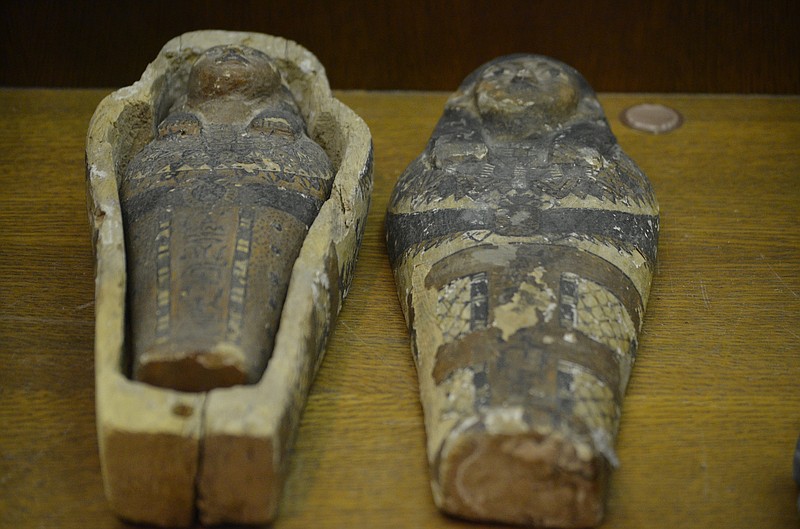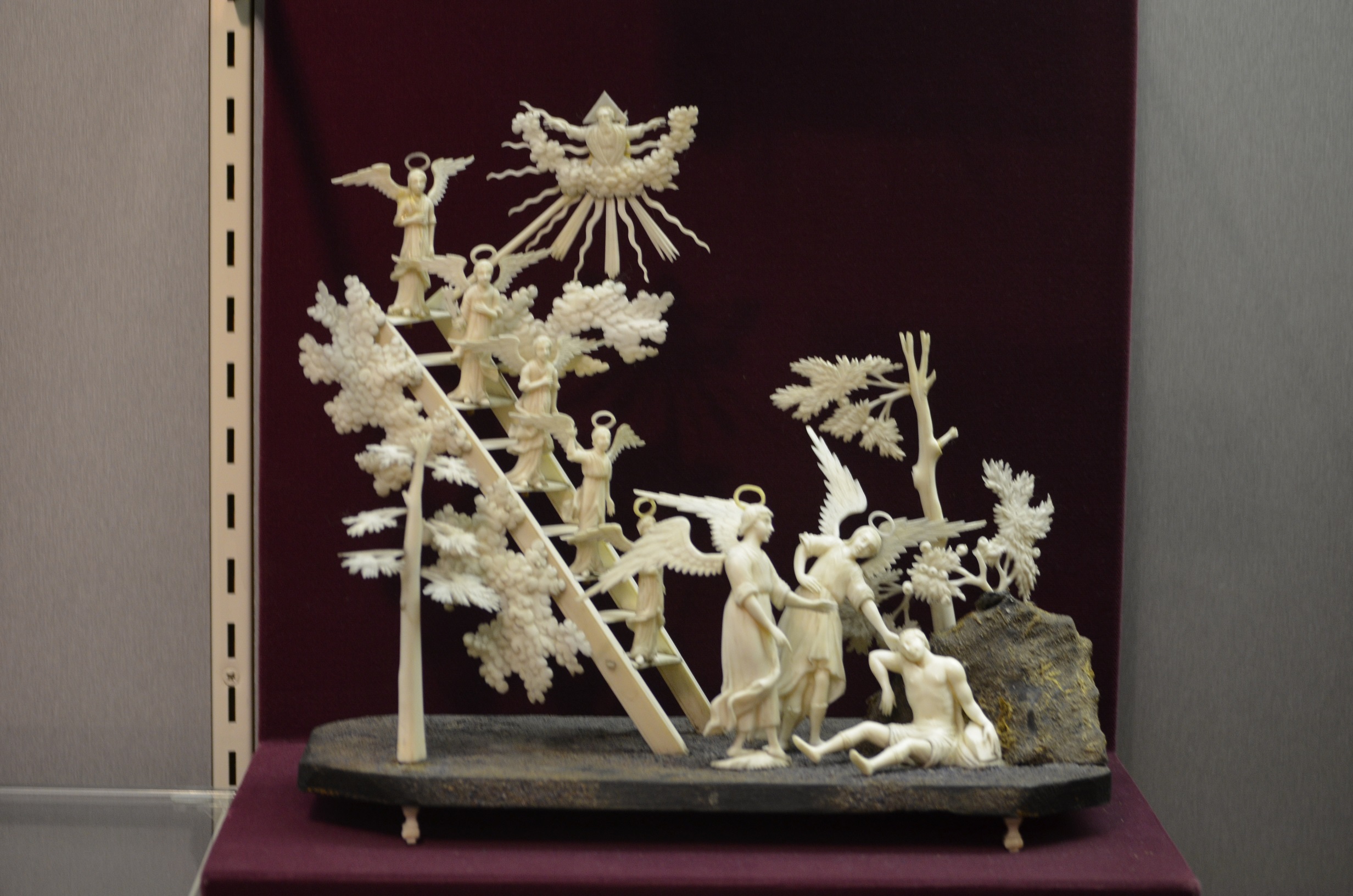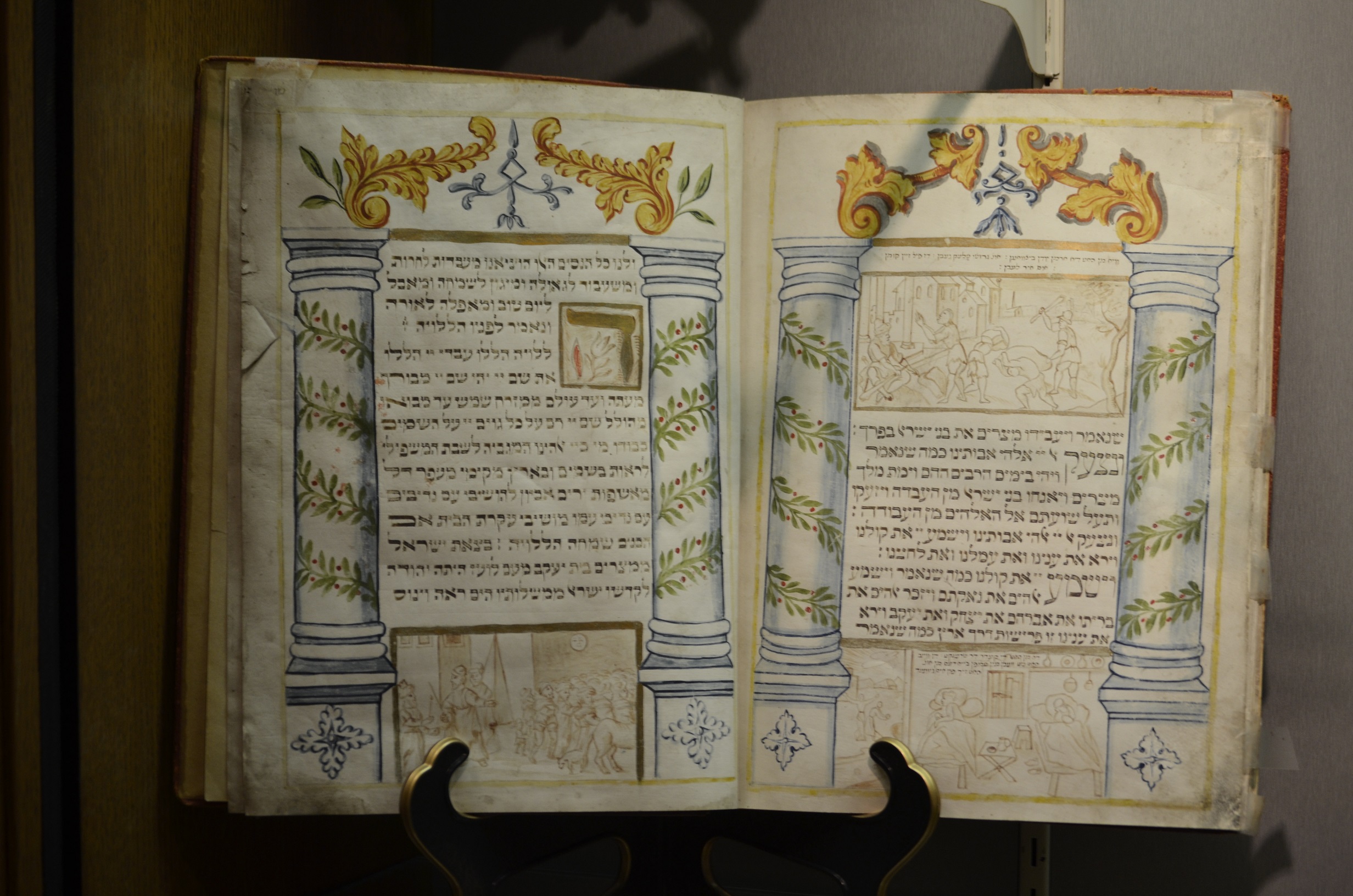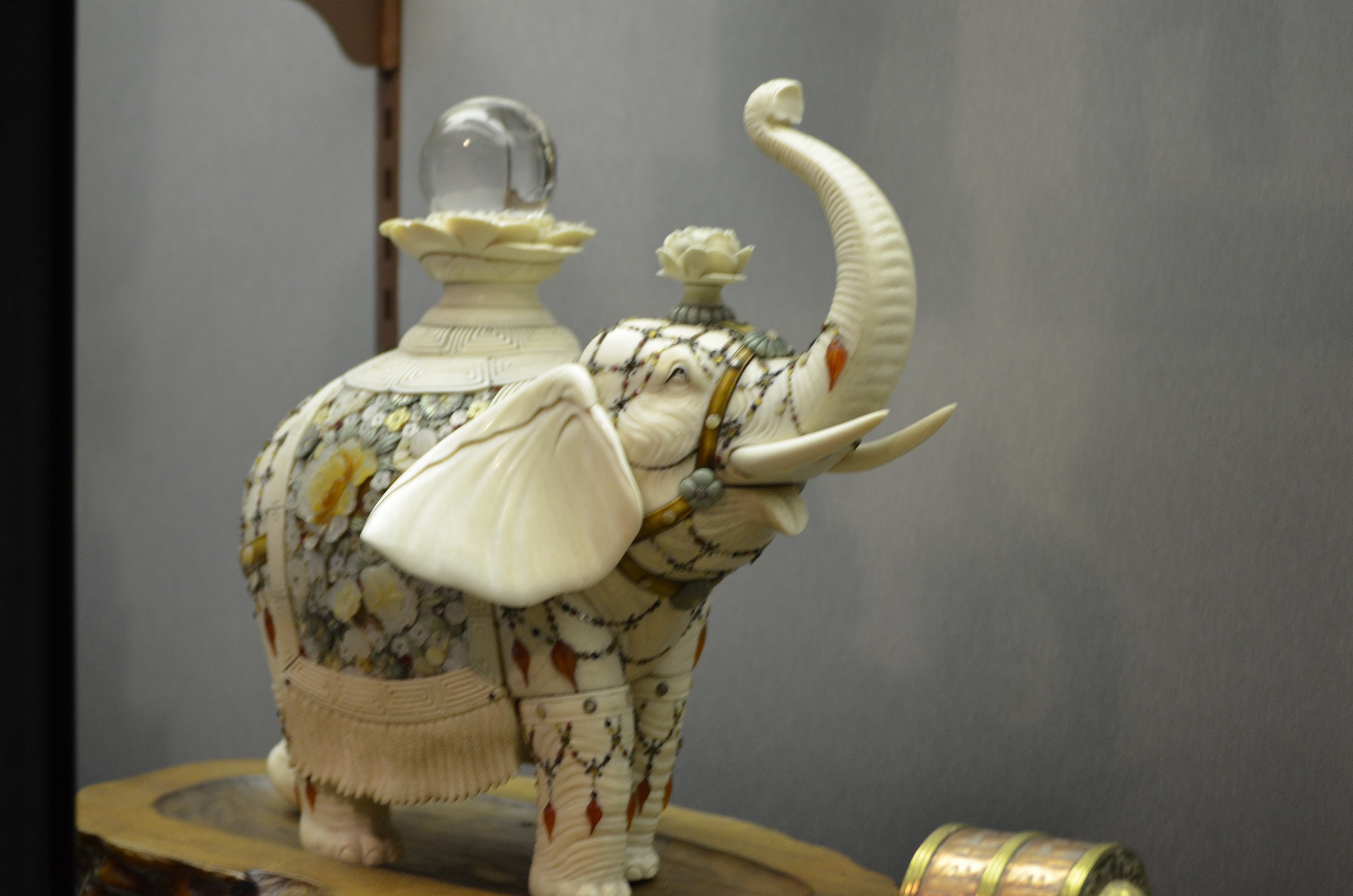Just to the right of the lobby entrance at Siskin Children's Institute, a small room holds hundreds of items prized by people of various religions over the centuries.
Both religious men, the late Garrison and Mose Siskin - owners of Siskin Steel & Supply Company and founders of the Siskin Foundation, which established Siskin Hospital for Physical Rehabilitation and Siskin Children's Institute - believed that you could know a person more fully by understanding their religious views.
From this belief sprung the idea for the Siskin Museum of Religious Artifacts, originally located in the Siskin Foundation building on Vine Street, according to David Binder, Siskin Children's Institute board member and Mose Siskin's grandson. The museum moved to Siskin Hospital when that facility was built in 1990, and then to its current location around 2000.
In the early 1950s, the Siskin brothers contracted with Rabbi Harris Swift to collect religious artifacts - particularly from Judaism, as the brothers were of the Jewish faith, and those items were especially rare since many had been confiscated and destroyed during World War II.
A rabbi in England during the war, Harris had assisted many European Jews, including artifact dealers, in escaping and resettling. He traveled back to Europe to purchase artifacts for the museum. He collected more than 400 items, including 247 Judaic and 140 Christian artifacts, as well as items representing Islam, Buddhism, Hinduism, Confucianism and other world religions.
Most of the artifacts range in age from the 16th through 19th centuries, though several date back before Christ, such as a Buddha head from China. Each item has a QR code that can be scanned for more information.
"They were very religious men who had great respect for all religions," Binder said of the Siskin brothers. "They wanted people to believe in God, and they respected each individual's right to believe how they wanted to believe. [The museum] gave people in need a place to go and reflect."
Each person who visits the museum typically has a different favorite item, said Binder, who is partial to the handwritten Haggadah, the text recited at the Seder on the first two nights of Jewish Passover.
"It's unique. There's nothing like it in the city, and I'm not sure where else," he said, as to why he thinks people should visit the museum. "I find more and more interesting things about the items there."
From Judaic artifacts such as mezuzahs and spice boxes, to a fairly large collection of Christian crosses, to a figure dating back to the second century that came from an Egyptian tomb, the museum contains items that people won't find anywhere else, said Deborah Arfken, CEO of Siskin Children's Institute.
"Some of them are absolutely gorgeous, especially the ones made from ivory," she said, adding that as far as she knows, it's one of the largest collections, if not the largest, of religious artifacts in America.
Binder said he particularly likes giving tours of the museum to school groups, and encourages teachers to bring their classes for field trips.
"There are artifacts from essentially every religion in the world. It's a tremendous unifying resource for our community," said Susan Robertson, who has been working to update the appraisals of items in the museum since January. "Items are becoming more and more valuable since they're so rare."
The Siskin Museum of Religious Artifacts is located inside Siskin Children's Institute at 1101 Carter St. It is open to the public Monday-Friday from 9 a.m. to 4 p.m. each day. Self-guided tours are available during those times, or call 648-1704 to schedule a guided tour.
Email Emily Crisman at ecrisman@timesfreepress.com.



